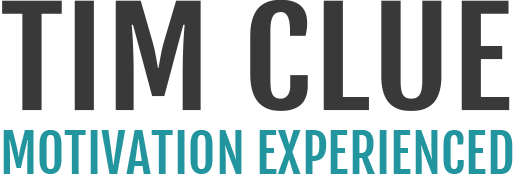Science & Health: Tips for Taking Care of Your Telomeres
The woman in the photo above, Elizabeth Blackburn, is a molecular biologist who won the Nobel Prize in 2009 for her role in discovering an enzyme called telomerase. Its job is to replenish the bits of DNA on the ends of your chromosomes, which are called telomeres.
But wait, there's a fun analogy! Telomeres are like the plastic caps on the ends of your shoelaces that help keep them tidy. (And yes, some of you may know that those shoelace caps are called "aglets," but wow — let's try to keep this post from needing a special glossary at the end of it.)
The point is, just like your shoelaces, you want the caps on your chromosomes to stay in place as long as possible. When the caps on your shoelaces wear down, the ends get all frayed and it's hard to tie your shoes without a lot of swears.
Similarly, when the telomeres on your chromosomes get too short, they stop protecting them effectively. And then ... well, all kinds of swear-worthy stuff starts to happen. It shortens the lifespan of your cells, and can lead to heart disease, cancer, and a bunch of other health problems.
And the thing is, they've discovered that the number one enemy of your telomeres is stress. Stress actually makes your telomeres get shorter.
To put it another way, when your nerves get frayed, your telomeres get frayed too.
So how do we keep our chromosome shoelace caps on and not let the challenges of the day blow us off course?
I know some of you reading this are health care professionals. (Shoutout to my friends at Nurses in Motion!) You probably know all about telomeres, and you understand better than anyone that getting stressed about stress only makes the stress worse.
So feel free to share your own tips for coping with telomere-tangling tension in the comments (via Facebook) — I'd love to hear them. Here are mine:
When people start throwing stress your way, don't take the bait. Keep calm and don't get tricked into grabbing someone else's bad day.
Slow down your day with your own "reboot and renew" tricks. Whatever works for you: going for a walk? Meditation, herbal tea, Nerf basketball?
Yelling at your telomeres doesn't work. Just raises your blood pressure. Remember, you can telomere, but you can't tell it much.
When the going gets tough, don't forget to stop and breathe. I deep breathe a lot ... drives my wife crazy. Hmm, that's probably bad for her telomeres. Maybe I should challenge her to a round of Nerf basketball.
For those of you who like footnotes, here's some more reading about telomeres and Elizabeth Blackburn:
"If you want to live longer, take good care of your telomeres" — Washington Post
(Photograph of Elizabeth Blackburn by Conrad Erb, Chemical Heritage Foundation, via Wikimedia Commons.)


